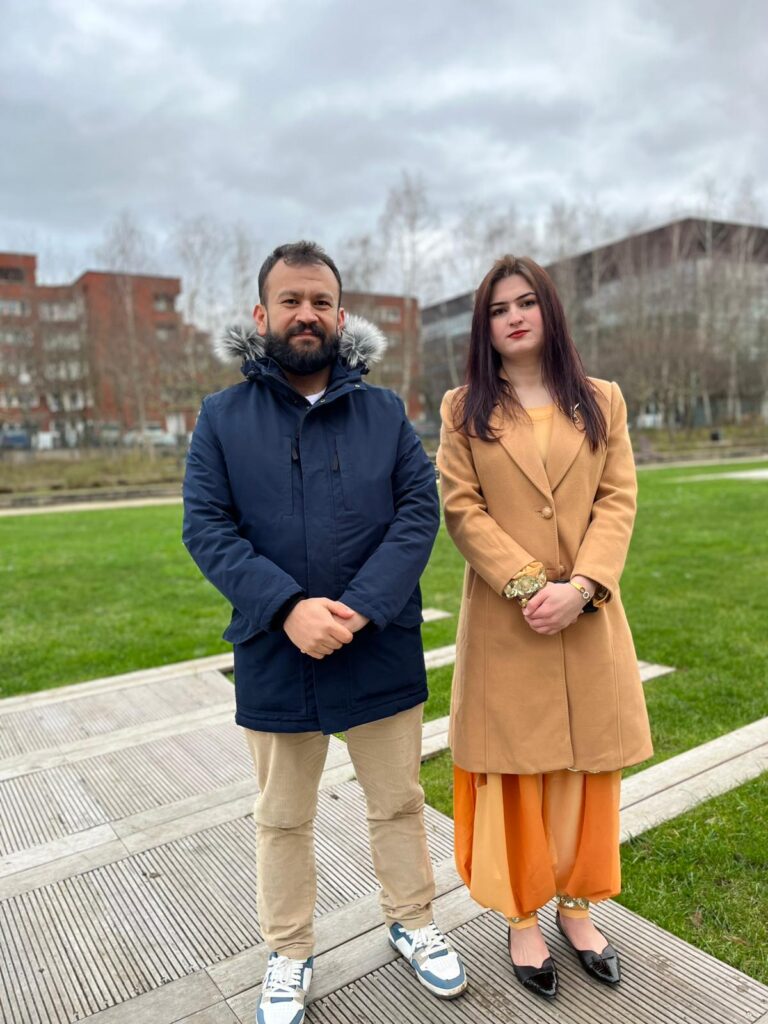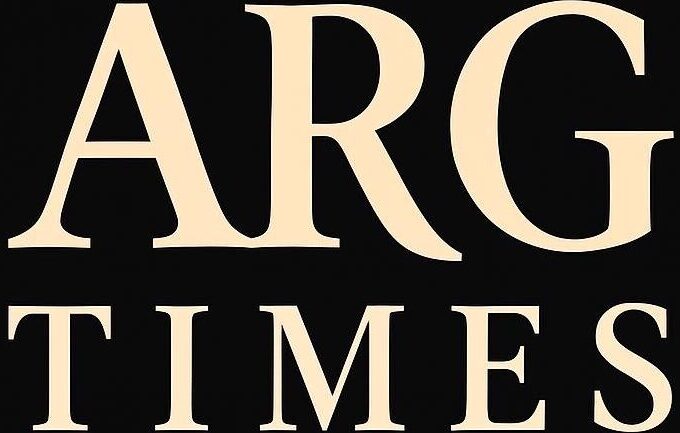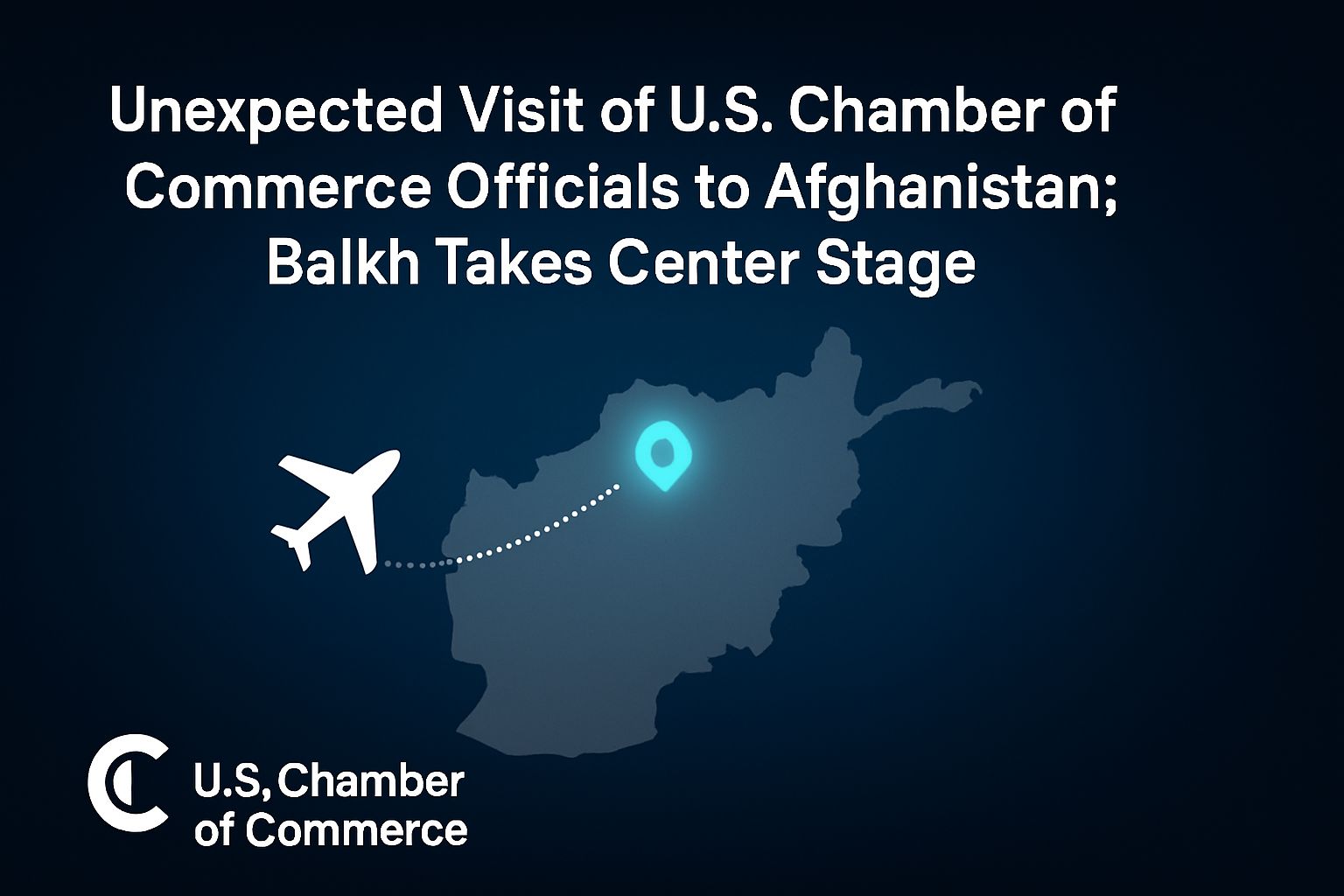
Mehrmah, a 23-year-old transgender Afghan woman, has been living in France for the past year and a half. Born in Kunduz province in northern Afghanistan, she was assigned male at birth and named Sayed Ashraf by her family. But as she grew older and came to understand her true identity, she chose a name—Mehrmah—that reflected who she really is.
From the moment she entered puberty, Mehrmah faced brutal violence at home and relentless abuse from relatives and peers. Her feminine traits and gender expression were not tolerated by her family or society. Eventually, as a teenager, she fled to Kabul in search of personal freedom.
Now living in Paris, Mehrmah describes the pain she endured to escape: “To get here, I’ve survived rape, beatings, humiliation, and a lifetime of abuse.” While life in France is far more free than in Afghanistan or Pakistan, she still encounters discrimination—mainly from members of her own community.
“It’s much freer here than in Afghanistan or Pakistan. French people are mostly respectful. Sometimes they misgender me at first, but once they realize who I am, they’re kind and apologetic. But it’s the Afghans—those who hate trans people—who still use the same cruel words I heard back home,” she says.
Mehrmah does not share every detail, but says the judgmental looks and verbal abuse from fellow Afghans in France have taken a toll on her mental health.
She has spent more than two decades navigating a world that offers no space for gender diversity, constantly surviving in the face of family violence, rejection, and social exclusion. She recalls recognizing her identity at around 13 or 14: “I understood I was trans, not a man.” But that realization only brought more suffering: “They shaved my head, beat me, pulled me out of school, and locked me at home like a prisoner.”
Afghanistan has never been a safe place for LGBTQ+ individuals. Although the years under the Republic offered slightly more tolerance, the Taliban’s return to power in August 2021 sharply escalated repression. Before their takeover, Mehrmah was living in Kabul with other trans people. “Because of how I looked, no one would hire me. I had to dance at private parties to survive. I was raped by both police and civilians, kidnapped, forced to drink alcohol, and tortured. But I survived.”
When the Taliban seized Kabul, she knew she had no future in Afghanistan. She fled to Pakistan: “If they had identified me, they would have imprisoned or executed me. I had no choice but to run.” She adds, “When I left, Kabul had just fallen. I didn’t even fully understand what it meant to be male or female—only that my voice, movements, and behavior were like a girl’s. My brothers and cousins used to call me ‘Izak’ (a slur), and I didn’t even know what it meant.”
Pakistan, however, proved no safer. There, she says, she was again assaulted and tortured. Through connections with other Afghan trans individuals and support from an LGBTQ+ organization, she was eventually introduced to the French embassy. After more than a year in Pakistan, she was granted a visa and resettled in France.
Nemat Sadat, LGBTQ+ rights activist and founder of the Roshanaya network—which supports the relocation of Afghan LGBTQ+ individuals to safer countries—confirmed Mehrmah’s experiences. “Rejection from family is one of the most universal forms of trauma among Afghan LGBTQ+ individuals,” he says.
Sadat also criticizes the hypocrisy of many Afghans in exile: “Some who came to Europe as supposed opponents of the Taliban claim to support human rights and democracy, but when it comes to LGBTQ+ issues, their views align with the Taliban.”
He adds, “Many Afghans abroad—including politicians, human rights advocates, and regular citizens—harbor deep hostility toward LGBTQ+ people. Dozens of international conferences about Afghanistan have been held in Europe and the U.S., yet not one has included LGBTQ+ representation.”
Mehrmah’s story is one of many. Across Europe, Afghan LGBTQ+ individuals continue to report harassment, verbal abuse, and social exclusion from their own diaspora communities. Still, most say that life in Europe is far better than in Afghanistan, where their very existence was under constant threat.
Despite her painful past, Mehrmah is now learning French and hopes to rebuild her life through hard work. She urges the international community never to recognize the Taliban regime: “For people like us, life under the Taliban is hell.”
LGBTQ+ people remain among the most persecuted groups in Afghan society. Under Taliban rule, dozens have been arrested, tortured, and subjected to sexual violence. In today’s Afghanistan, queer individuals face two choices: flee the country—or face punishment, silence, and possibly death.



